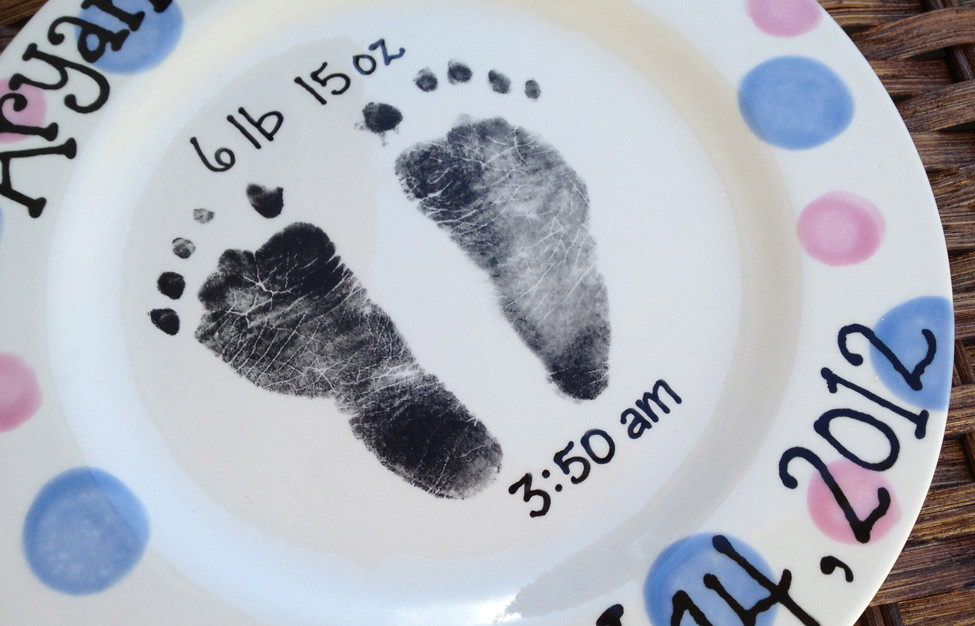The Healing Process: Recovering From the Loss of a Child

Sarah Adams had a normal, healthy pregnancy for 37 and a half weeks. Mamie was her and her husband’s first daughter, and they couldn’t wait to meet the new addition to their family.
The nursery was decorated, her closet was stocked and the carseat was ready and waiting for a little person.
But then at her regular doctor’s appointment, they couldn’t find a heartbeat. Less than three weeks from her due date, Adams had to go into CHI St. Vincent where she was induced and in labor for 12 hours, pushing through grief and confusion as she knew her baby was gone before she even had the chance to meet her.
“She was perfect … when I delivered her there was nothing wrong,” Adams said, recalling the story nearly eight years later. “We had an autopsy done because I just wanted answers of what happened, but we didn’t really find out anything from it.”
It was possible that Mamie kinked her umbilical cord, but her cause of death was never fully determined.

About 1 percent of all babies in the U.S. are stillborn, according to the Centers for Disease Control and Prevention. The infant mortality rate (number of infants who died before their first birthday) in Arkansas in 2009 was 7.3 deaths per 1,000 live births, according to the Arkansas Department of Health.
Although these deaths affect a small percentage of the population, the families are impacted for life by the tragedy of losing a child and communities of friends and families surround those who have lost to provide support, love and a listening ear.
“I had a really good support group, I’m very close to my family,” Adams said. “If I didn’t answer the phone, they were knocking on my door. But they gave me my space, too. The grieving process — you feel like you need to go through these certain steps, but you don’t. You bounce around from those different feelings.”
Although being able to talk about Mamie and sharing her feelings were a large part of the grieving process, Adams also appreciated the physical gifts that helped her remember her daughter.
She said she received items such as necklaces with Mamie’s birth month, a book of quotes and encouragement with room for her to put in photos and a gold baby ring that she put on a necklace chain.
When she realized how meaningful these little “remembrance” items were, Adams decided to start a nonprofit called Mamie’s Poppy Plates. She and her team have grown the organization significantly over the last seven or so years and provide free, hand-painted plates with the child’s hand and footprints to parents who have lost a son or daughter. They are currently connected with about 50 hospitals in seven different states.


Local nonprofit Mamie’s Poppy Plates hosts memorial run/walk and balloon release.
Although these physical items are part of the healing process, Adams knows there are countless different coping methods for different people, including counseling, journaling and so much more.
One element that was difficult for her family was explaining what had happened to her nephew, who’s now almost 10. She says transparency and communication are so important with even the youngest members of the family.
“He was 20 months old at the time and he was up at the hospital, but we didn’t let him hold her or meet her or anything because we just didn’t really know what to do,” Adams said. “Now looking back, he should’ve been in there and he should’ve held her … It’s so sad but it’s so black and white for (kids).”
For those who have friends or family who have lost a child, Adams said the most important thing to do is listen.
“People can say some really hurtful stuff,” Adams said. “I don’t think they mean to be mean, but maybe just … be willing to listen. Don’t try and give your opinion because you don’t know.”
